Be it any field, any position or any relation; we need to possess some skill set or qualities to give our best in every role we play in our lives! We often read books or listen to people talking about qualities we need to be – a good human being, a good friend, a good mother/father, a good citizen, a good employee and so on… similarly to be a good artist; we need to have certain qualities with us! Here, we’ll be discussing some important qualities that a classical dancer needs to possess; these qualities can shape a person to be a good artist, not just in the art form he/she is practicing but will also help in the field of performing arts in general…
1. Patience
This is the most important and basic quality one needs to possess if he/she is trying to learn or establish a career in any classical art forms!!
 Right from the time you enroll yourself for the classical dance class, you also enroll yourself in the institution which teaches you ‘patience’. There is no crash course to learn any classical art form and there can’t be ever, as classical art forms require ‘Sadhana’ (immense amount of dedication, practise and perseverance) to learn them properly and to be able to make a career in them…
Right from the time you enroll yourself for the classical dance class, you also enroll yourself in the institution which teaches you ‘patience’. There is no crash course to learn any classical art form and there can’t be ever, as classical art forms require ‘Sadhana’ (immense amount of dedication, practise and perseverance) to learn them properly and to be able to make a career in them…
Unlike some other dance or art forms like Bollywood dancing, some Indian and western folk or social dance forms (where you are given a chance to perform on stage at the end of a short course), in classical dance; a student needs to have patience for the right time to perform on the stage. ‘Arangetram’ in Bharatnatyam traditionally stands for the first independent performance by the student on stage and it was done only when a Guru thinks that the student is ready to take this first step in the field of performing. Arangetram is typically done after minimum 7/8 years of training in the dance style and rigorous practice. Similarly in all classical dance forms, a student/shishya needs to have patience to wait for the right time and opportunity to perform on the stage. Patience is also required to master over certain difficult compositions or toda/tukdas. Even when you start off your career in classical dance field, you need to have patience throughout- patience to get a space to practice or conduct classes, to get good students, opportunities to perform, and even at times to get your payment for the project!!! So yes, if you want to survive and be happy in the field of classical dance; patience is the key to success, my mate!
2. Creativity and spontaneity
 Needless to say, classical dance field belongs to the world of creativity! Creativity cannot be objectively taught, but it can be practiced and nurtured. A classical dancer needs to be creative to think about different ideas for the performances, ways of choreographing a composition, arranging lights and sets, deciding costumes and to avoid monotony… creativity lies in the center of any new creation. A dancer who is creative will better know the ways of engaging the audience in a unique experience throughout the dance performance.
Needless to say, classical dance field belongs to the world of creativity! Creativity cannot be objectively taught, but it can be practiced and nurtured. A classical dancer needs to be creative to think about different ideas for the performances, ways of choreographing a composition, arranging lights and sets, deciding costumes and to avoid monotony… creativity lies in the center of any new creation. A dancer who is creative will better know the ways of engaging the audience in a unique experience throughout the dance performance.
Along with creativity; spontaneity is also important for classical dancers. Spontaneity allows the dancer to adjust to the given condition and still be open to experiment creatively. Sometimes certain unavoidable/unexpected things happen before or during the performance which test the spontaneity of the artist; for example, a member from the team not being present for the show, stage is not as big as it was supposed to be, no proper changing rooms, not having enough light set up as required, music system malfunction, or any other technical difficulties may arise and it is necessary for the artist to know that ‘the show must go on!’
In such times, a dancer needs to be spontaneous and be able to do make changes to the performance as the situation demands. This needs to be done while not letting the performance or the mood of the artists getting affected in any way. The dancers, who are creative and spontaneous, will win the game against all odds and still give their best to every bit of the performance!!!
3. Team spirit
No work or production can be successful without a team of dedicated and hard-working individuals- even if it is a solo performance! A classical dancer needs to be a good team player, especially when it comes to performing with live music.
A dancer needs to be in sync with the orchestra- singer, and various instruments players (harmonium, Tabla, Mrudangam, sitar, flute, sarod, etc.) and also has the ability to coordinate with all the accompanying musicians and work as a team… a classical dancer also needs to have a good understanding of other team members- co-dancers, light operator, cameraman, set designer, etc.
Only when a dancer is a good team player and believes in – ‘team work is more about ‘WE’ and less about ‘ME’, the dance performance or the production goes smoothly and reaches a greater height!!
4. Dedication, passion and hard work
In any field you work or any role you play; these qualities will always take you a long way! But especially in the field of classical art forms/classical dance; dedicated, passionate and hard-working dancers are valued a lot… Unless you are ‘Really’ passionate about your art form, you will not be able to put in your hard work and energy or be happy in the field you are working in… along with passion; your dedication to the art form, your dedication towards your growth are equally important.
There may not be immediate results or perks for your energy and time invested for learning and pursuing the art form; but it’s important to keep your intrinsic motivation strong and keep giving your best regardless of the outcome!! Dedication and passion will help the dancer in this journey and prepare a person to face the difficult times as well… A dedicated and passionate artist also needs to work hard to be a better performer, and to be fit to survive in this field for a long time! Regular and rigorous ‘Riyaz’ helps the dancer in perfecting his/her skills, dance techniques and also master over difficult compositions. Riyaz is quite evident from the performance and dancers; who are hard-working and follow their Riyaz routine every day, stand out from other dancers who are not very particular or diligent about their everyday practise. There is no short cut to success!!
Thus, these are some essential qualities a dancer needs to possess to make a successful career and to be a happy, satisfied dancer…
5. Communication skills
This is the era of marketing and people who market themselves well survive better in this ever increasing competitive world. Classical dance field is no exception to that!
You need to be good at communication and networking in order to make your work reach more people, more potential organizers who might give you an opportunity to perform in different dance festivals. Now in the world of technology, we don’t need to communicate to people over letters, personal meetings and phone calls; but we can use social media platforms and emails to communicate with anyone in the world.
Dancers need to be trained to make good use of such platforms to communicate about their work and network with more people… Most of the times, you need to start the communication to get your work done!! A lot of dancers are bored or lazy to do this, and hence often miss out on important opportunities… So, it’s a need of an hour to learn to promote classical dance styles through appropriate platforms of publicity and marketing!!
Well, these are just a few important qualities that a classical dancer needs to possess but improving yourself and adding new skill sets to your personality is an ongoing process… With experience and learning, dancers can always keep adding more qualities to the list…



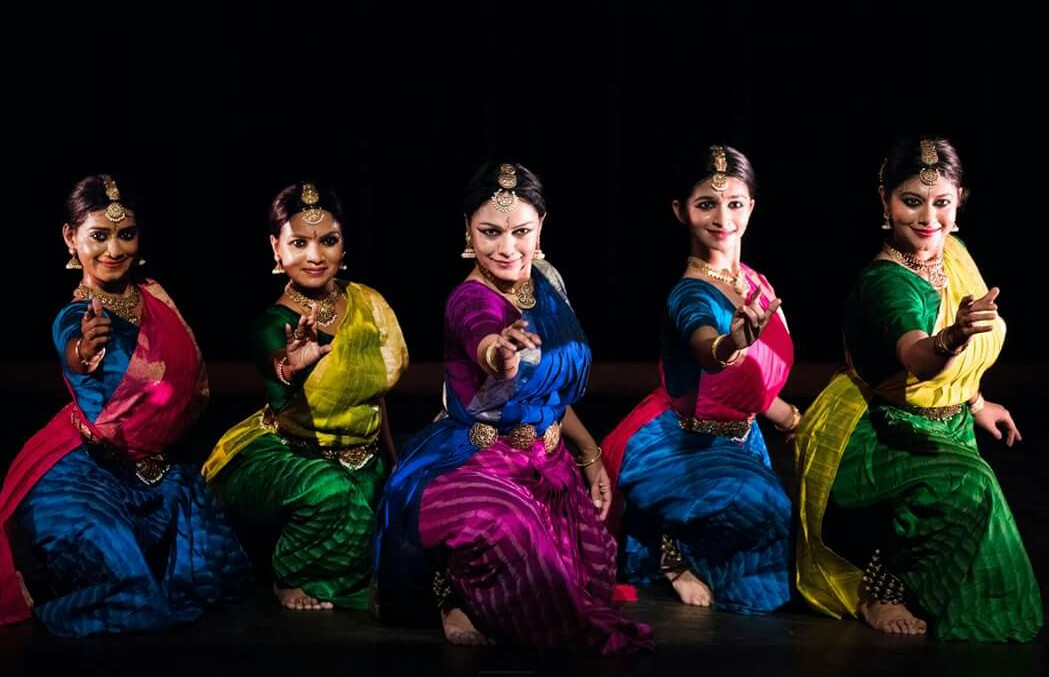



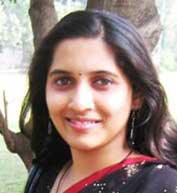

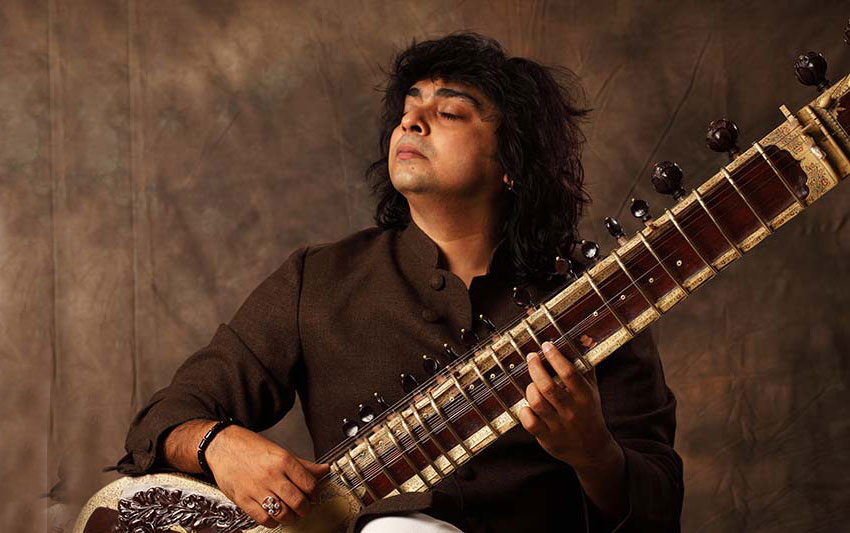
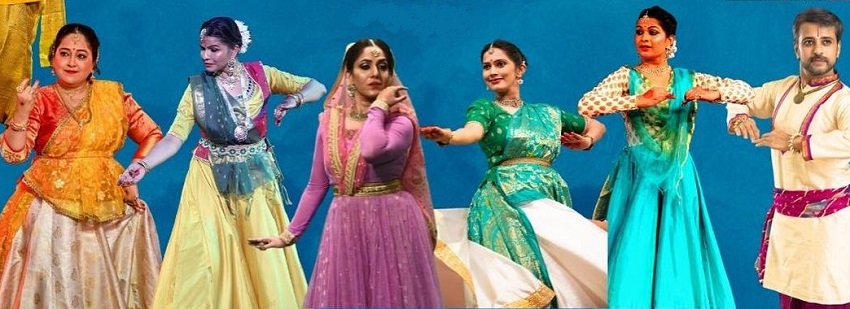

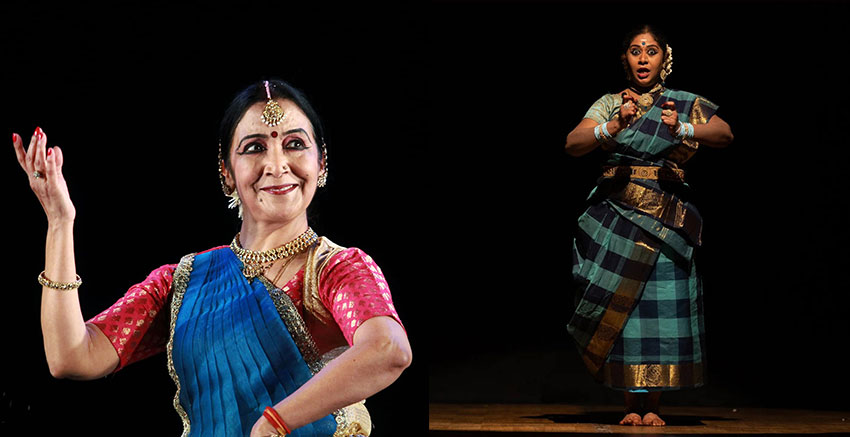

4 thoughts on “5 Important qualities a classical dancer should possess”
Very well written ..
A must read for artists ..
There is no short cut to fame.
Patience .. perseverance. . Dedication … wt we show towards art .. may lead to fame ..
If u r really talented people will accept u .. as an artist one day !!
Perfect points, to be pondered on by teachers and students of classical dance!!
Wonderful read! Patience and perseverance, learning the art form as a subject and not just for concert performances. An understanding and appreciation of music – not just with respect to being in tandem, but actually understanding music – both melody and taala. To be able to learn compositions and make them – one needs to be able to at least hum classical music which literally forms the canvass for painting with one’s body movements. Not to mention an appreciation of literature, for the same reason
Well written mam, i hv personally experienced that humikity is something many lack. They look down upon others sometimes even their own students n fellow musicians leaving behind a mentorship that one would respect them for.